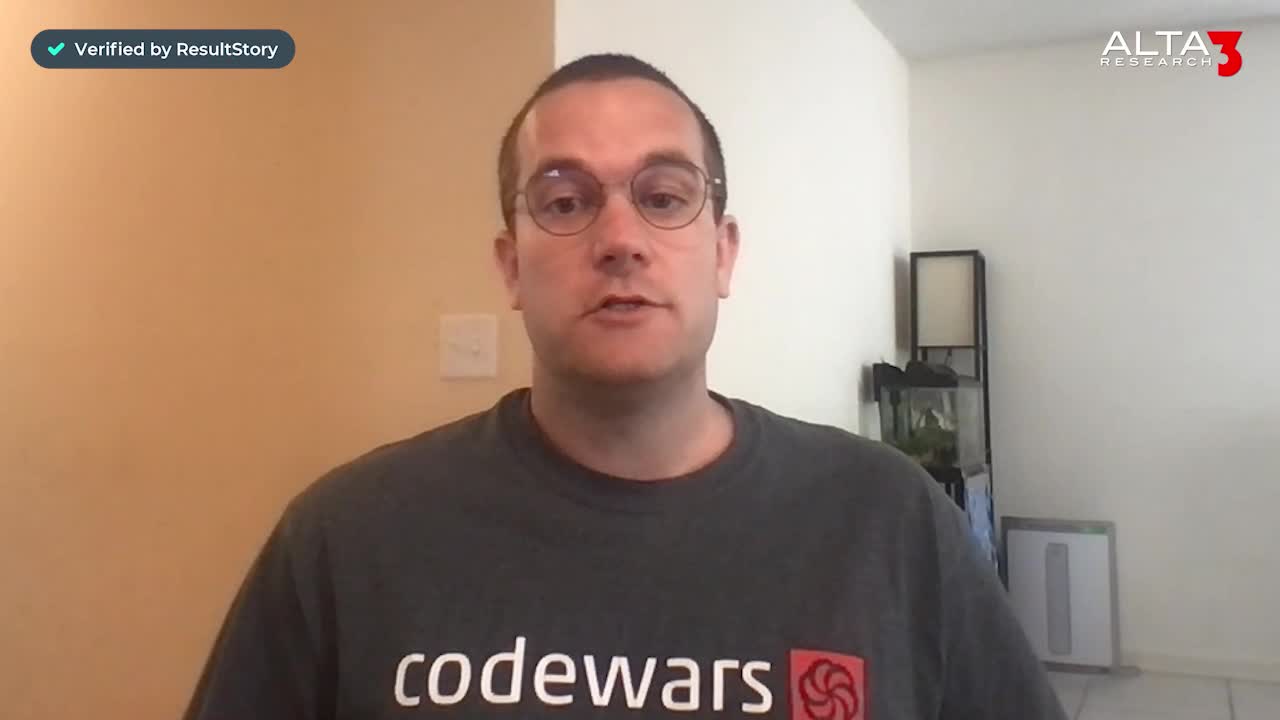Developing ASP.NET Core MVC Web Applications (D revision)
Elevate your web development skills with our ASP.NET Core MVC course, designed for professional developers eager to master advanced application performance and scalability using cutting-edge .NET Core tools.

Essential Skills Gained

Design efficient ASP.NET Core MVC web applications meeting functional and UI requirements.

Implement middleware configurations and leverage dependency injection.

Develop and organize MVC components: models, views, and controllers.

Enhance web application security, performance, and scalability.
Format
- Instructor-led
- 5 days with lectures and hands-on labs.
Audience
- Professional web developers
- Microsoft Visual Studio users
- Team-based development professionals
- Advanced web application developers
Description
n this 5-day course, the professional web developers will learn to develop advanced ASP.NET Core MVC applications using .NET Core tools and technologies. The focus will be on coding activities that enhance the performance and scalability of the Web site application. This course will also prepare the student for exam 70-486.
Upcoming Course Dates
No upcoming dates. Please check back later.
Course Outline
Download PDFModule 1: Exploring ASP.NET Core MVC
Overview of Microsoft Web Technologies
Overview of ASP.NET 4.x
Introduction to ASP.NET Core MVC
Lab: Exploring ASP.NET Core MVC
Exploring a Razor Pages Application
Exploring a Web API Application
Exploring an MVC Application
Module 2: Designing ASP.NET Core MVC Web Applications
Planning in the Project Design Phase
Designing Models, Controllers and Views
Lab: Designing ASP.NET Core MVC Web Applications
Planning Model Classes
Planning Controllers
Planning Views
Architecting and MVC Web Application
Module 3: Configure Middlewares and Services in ASP.NET Core
Configuring Middlewares
Configuring Services
Lab: Configuring Middleware and Services in ASP.NET Core
Working with Static Files
Creating custom middleware
Using dependency injection
Injecting a service to a controller
Module 4: Developing Controllers
Writing Controllers and Actions
Configuring Routes
Writing Action Filters
Lab: Developing Controllers
Adding controllers and actions to an MVC application
Configuring routes by using the routing table
Configuring routes using attributes
Adding an action filer
Module 5: Developing Views
Creating Views with Razor Syntax
Using HTML Helpers and Tag Helpers
Reusing Code in Views
Lab: Developing Views
Adding Views to an MVC Application
Adding a partial view
Adding a view component
Module 6: Developing Models
Creating MVC Models
Working with Forms
Validate MVC Application
Lab: Developing Models
Adding a model
Working with Forms
Add Validation
Module 7: Using Entity Framework Core in ASP.NET Core
Introduction to Entity Framework Core
Working with Entity Framework Core
Use Entity Framework Core to connect to Microsoft SQL Server
Lab: Using Entity Framework Core in ASP.NET Core
Adding Entity Framework Core
Use Entity Framework Core to retrieve and store data
Use Entity Framework Core to connect to Microsoft SQL Server
Module 8: Using Layouts, CSS and JavaScript in ASP.NET Core MVC
Using Layouts
Using CSS and JavaScript
Using jQuery
Lab: Using Layouts, CSS and JavaScript in ASP.NET Core
Applying a layout and link views to it
Using CSS
Using JavaScript
Using jQuery
Module 9: Client-Side Development
Applying Styles
Using Task Runners
Responsive design
Lab: Client-Side Development
Use gulp to run tasks
Styling using Sass
Using Bootstrap
Module 10: Testing and Troubleshooting
Testing MVC Applications
Implementing an Exception Handling Strategy
Logging MVC Applications
Lab: Testing and Troubleshooting
Testing a Model
Testing a controller using a fake repository
Implementing a repository in MVC project
Add exception handling
Add logging
Module 11: Managing Security
Authentication in ASP.NET Core
Authorization in ASP.NET Core
Defending from Attacks
Lab: Managing Security
Use Identity
Add Authorization
Avoid the Cross-Site Request Forgery Attack
Module 12: Performance and Communication
Implementing a Caching Strategy
Managing State
Two-way communication
Lab: Performance and Communication
Implementing a Caching Strategy
Managing state
Two-Way communication
Module 13: Implementing Web APIs
Introducing Web APIs
Developing a Web API
Calling a Web API
Lab: Implementing Web APIs
Adding Actions and Call Them Using Microsoft Edge
Calling a Web API using server-side code
Calling a Web API using jQuery
Module 14: Hosting and Deployment
On-premise hosting and deployment
Deployment to Microsoft Azure
Microsoft Azure Fundamentals
Lab: Hosting and Deployment
Deploying a Web Application to Microsoft Azure
Upload an Image to Azure Blob Storage
Your Team has Unique Training Needs.
Your team deserves training as unique as they are.
Let us tailor the course to your needs at no extra cost.
See What Other Engineers Are Saying
Trusted by Engineers at:
and more...

Aaron Steele

Casey Pense

Chris Tsantiris

Javier Martin

Justin Gilley

Kathy Le

Kelson Smith

Oussama Azzam

Pascal Rodmacq

Randall Granier

Aaron Steele

Casey Pense

Chris Tsantiris

Javier Martin

Justin Gilley

Kathy Le

Kelson Smith

Oussama Azzam

Pascal Rodmacq

Randall Granier